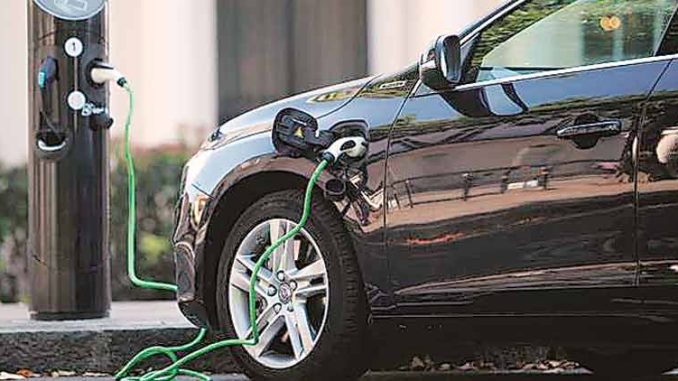

The deployment of electric vehicles (EVs) in India could see a differential adoption pattern across cities, vehicle segments and application areas, which will require the government to consider a holistic EV ecosystem while developing the regulatory agenda.
The expected transition towards electric mobility necessitates attention and action by several sectors and stakeholders, according to a latest EY report on the building blocks for a sustainable EV ecosystem.
In India, companies keen to enter the EV charging sector can either partner power distribution companies or set up battery swapping shops, according to the business models identified by power regulator Central Electricity Regulatory Commission (CERC). The regulator has recognised three business models viable within the framework of the Electricity Act 2003. An April 2018 order by the CERC stipulates the non-requirement of separate distribution licence for setting up charging stations for EVs, providing much-awaited clarification to investors in charging infrastructure.
According to experts, utilities and public entities are useful for deploying an initial network of charging stations, as they can put them in place that would initially not provide enough income to earn profit to attract private investment. Development of private EV charging station will provide pricing efficiency of competitive procurement and ability to scale beyond limited service territories and bring in new technologies and facilities for the customers. Somesh Kumar, partner and power and utilities sector leader, EY India said: “City-level deployment of electric mobility, including vehicles and related infrastructure, will assume high collaborative efforts between different local actors and this collaboration is the real business opportunity”.
